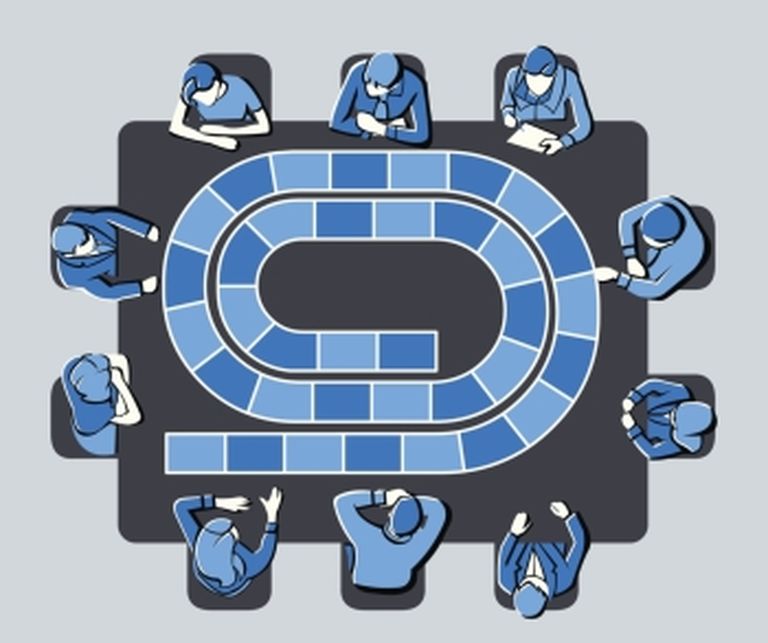It’s no secret that the IT industry faces a chronic shortage of cybersecurity professionals. The 2023 World Economic Forum reported a shortfall of 3.4 million cybersecurity experts needed to support today’s global economy, over 700,00 in the U.S. alone.
This challenge has dire consequences: (ISC2) also found that 70% of organizations do not have the needed cybersecurity staff to compete, and over half of the employees at these organizations rated the risk of a cyberattack from shortages as moderate or extreme.
But, as organizations search for cybersecurity talent, some are tapping ex-military personnel. From technical aptitude to experience and work ethic, veterans bring compelling skills to cybersecurity and are a welcome addition to many resource-strapped IT teams.
Unique operational experience
Veterans have been trained to face difficult decisions, rapidly changing conditions, scarce resources, and even life and death. Their ability to perform under pressure pays dividends in the cybersecurity arena — veterans are typically proactive, make fast decisions, and can execute dispassionately if required.
Several elements of military training foster these capabilities, including:
Respect for procedures: The strict adherence to procedures and protocols found in the military can help maintain stability and predictability in a cybersecurity environment.
Attention to detail: Military training reinforces meticulous attention to detail — a valuable approach in cybersecurity, where inattention and small errors can lead to significant problems.
Follow the chain of command: Military personnel are taught to embrace the chain of command and execute orders to the best of their ability. This focus on execution and outcomes plays well in corporate security environments.
Here are three other qualities businesses gain by hiring veterans:
- Coachable and adaptable.
Veterans are trained to manage change and uncertainty and are accustomed to structured, continuous learning. Their ability to adapt and solve problems is a valuable commodity in fast-paced cybersecurity environments.
“The army is a learning organization. You start with initial training and you constantly return to training — so we end up with a group of people who, frankly, have a growth mindset.”
Col. Dan Friend, Kellogg School of Management
- A focus on teamwork and leadership.
Teamwork has always been a core tenet in the military, and veterans are accustomed to functioning in diverse teams and collaborative environments. The military also instills a "team first" ethic that’s very effective in corporate security environments and particularly valuable for managers, as people will rally around leaders with their best interests in mind.
- Certifications and security clearances.
The military also emphasizes security awareness, as many roles involve working with sensitive information and security protocols. As a result, veterans may already possess credentials or security clearances that are assets in subsequent cybersecurity roles.
Industry-specific knowledge also becomes invaluable, particularly for IT organizations competing for business in the military or other government branches. Security clearances are often a prerequisite for doing business with government entities, and veterans transitioning to the private sector with these clearances in hand can give their new employers a competitive edge.
However, while many veterans successfully make the leap to cybersecurity careers, the transition isn’t always easy. Veterans often find navigating the cultural differences between the military and private sector challenging. For example, decision-making in a corporate security environment emphasizes consensus-building and inclusion rather than the military’s more ‘top-down’ approach.
Similarly, veterans are unaccustomed to pushing back on the chain of command, a common (and often encouraged) dynamic in private sector organizations. At least initially, veterans find it difficult to speak out, volunteer ideas, or question leadership can initially.
Turn on the talent tap
Veterans also need help marketing themselves in the private sector. The military doesn’t teach people how to sell themselves, even though they’ve begun to offer outplacement training for job-searching and career planning. Many veterans need to improve their ability to craft resumes, post on LinkedIn, and conduct career networking.
Private sector companies can also do a better job of tapping into the veteran talent pipeline. While some larger organizations have outreach programs targeting veterans, they are rare. Instead, many savvy managers rely on a hands-on approach to identify potential ex-military candidates through their personal networks. Company-led, focused awareness programs would yield better results.
The U.S. military’s ongoing investment in cybersecurity ($11.2 billion in 2023) has created a talent pool of highly motivated veterans with unique skills. Other vets trained in adjacent technologies (networking, software development) may also present themselves as compelling candidates. As the private sector competes for scarce cybersecurity talent, companies should look for new, more effective ways to mine the veteran talent pool.
Randall L. Stephenson, former chairman and CEO at AT&T Inc. once said:
“We hire military veterans because they make great employees. They bring proven technical and leadership skills. They understand teamwork, and they're adaptable. Bottom line: hiring veterans is good for business.”
George Gerchow, CSO and SVP of IT, Sumo Logic




